#jove
Explore tagged Tumblr posts
Text

Hera deceiving Zeus by James Barry not only goes insanely hard, but it’s also so funny, Zeus’s expression here implies he’s suspecting that Hera is plotting something but is too horny to care and Hera looks so cold at him bc she knows she doesn’t need to pretend to be flirty anymore.
#greek mythology#ancient greek mythology#greek pantheon#greek goddess#hera#zeus#James Barry#Juno#Jove#hera x zeus#zeus x hera
131 notes
·
View notes
Text
I'm taking a Classics course this year and it's extremely funny to me that, while some versions do make Kronos into Greek-Satan, in most versions Zeus eventually just... like... releases Kronos after a few centuries.
It's like "Hey dad, yeah, you and the other Titans can come out now. I think ya'll've learned your lesson, just no more eating your kids, K?" And Kronos just... accepts his son's rule. It's honestly hilarious.
From a historical perspective it's meant to be reflective of the Athenian banishment system where you got to return after ten years or so, but it's also endlessly funny to me. Zeus just has his ex-con cannibal father puttering around occasionally offering advice and its usually terrible.
It's even funnier in Roman mythology because in that series of events Saturn (Roman Kronos) and the Titans go to Italy and rule over a Golden Age while making ready for Jupiter and the other Gods to come over with Aneas once the Trojan War is over.
So, I'm proposing an alternative version of Percy Jackson. While the Greeks were fighting the secondd Titan War, the Romans just have to like, settle a dispute between Jupiter and his geriatric father over some bullshit. It's be hilarious.
#incorrect super smash bros#mythology#roman mythology#greek mythology#greek#roman#Rome#History#ancient history#Zeus#Kronos#Chronus#Saturn#Jupiter#Jove#Aneas
132 notes
·
View notes
Text

scopOphilic_micromessaging_1027 - scopOphilic1997 presents a new micro-messaging series: small, subtle, and often unintentional messages we send and receive verbally and non-verbally.
#scopOphilic1997#scopOphilic#digitalart#micromessaging#streetart#graffitiart#graffiti#brooklyn#nyc#photographers on tumblr#original photographers#ArtistsOnTumblr#2024#Fobe#Over#ERA#Jove#PublicONe#red#blackandwhite#green#yellow#black#orange#purple#pink#grey#blue
106 notes
·
View notes
Text














A silent comedy cartoon episode in which Hades spends all time with Zeus? I never imagined this to be real🤣🤣🤣
#the flaming hair look familiar#chthonic zeus on holiday be like:#finally!! never was a fan of 'zeus and hades hate each other'#greek mythology#roman mythology#greek gods#zeus#Jupiter#jove#hades#plouton#cerberus#orcus#dis pater#oggy and the cockroaches#oggy et les cafards#art collection🎨
44 notes
·
View notes
Text
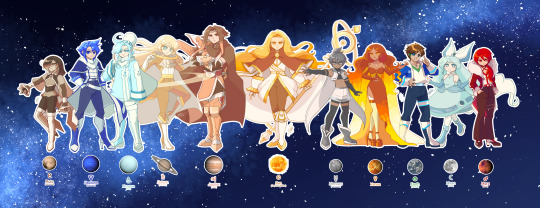


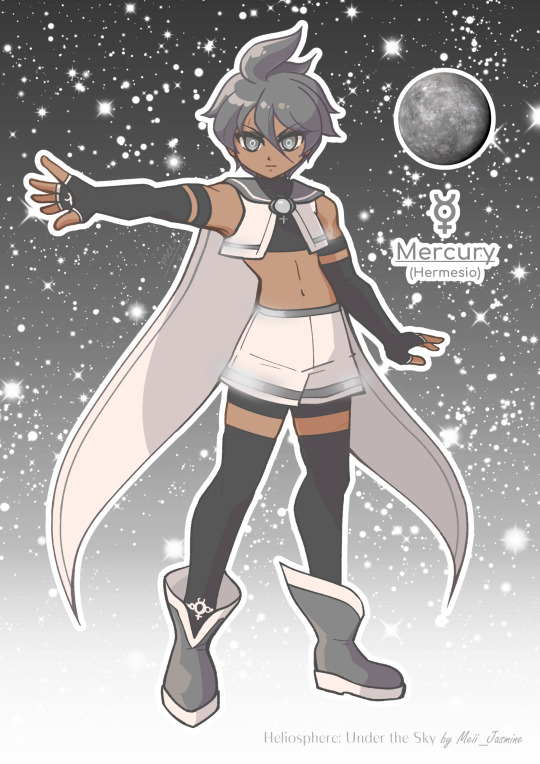
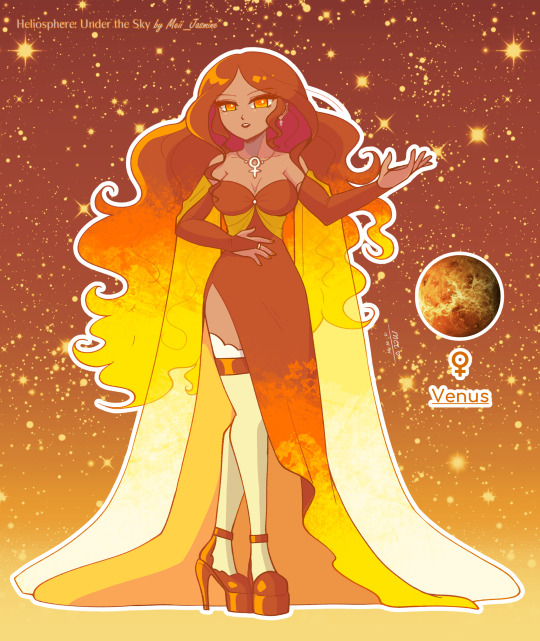



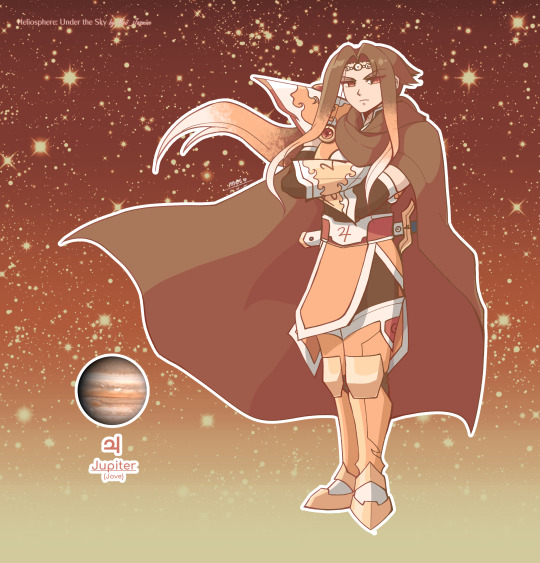
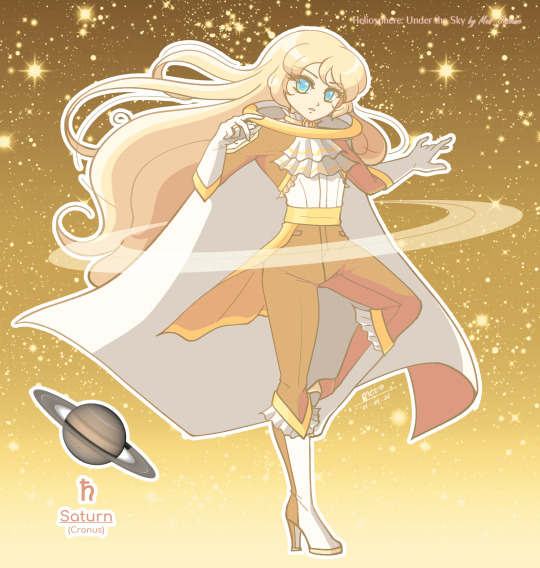

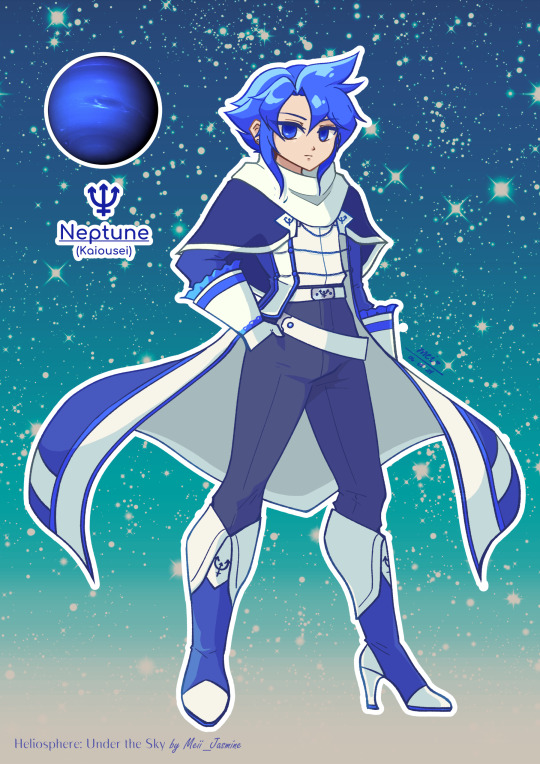

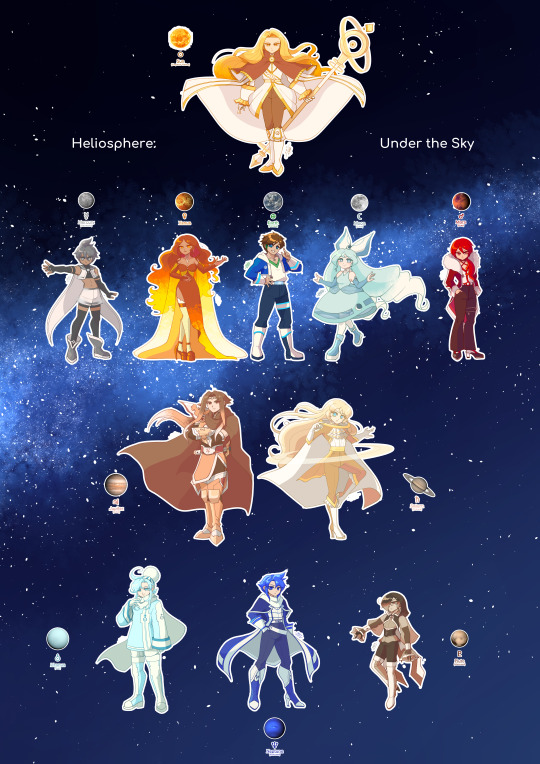
Heliosphere: Under the Sky [MAIN CAST]
This is the main cast of "Heliosphere: Under the Sky", an art project about personified / human versions of planets, stars, and more! It mostly focuses on our very own solar system.
Please check out their character profiles for more info!
Character profiles: Tumblr | Toyhou.se
(NOTE: These were made to celebrate Heliosphere's 1st webcomic anniversary! Because it's the webcomic series that pushed it to be a more serious project overall, having been stagnant for years.)
(Thanks for checking under the cut! Here's an Easter egg for you.)
BONUS: Neptune in true colour! Because plot twist: he's not really royal blue.

#art#heliosphere: under the sky#personification#gijinka#solar system#space gijinka#sun#mercury#venus#earth#moon#mars#jupiter#saturn#uranus#neptune#pluto#emperor helios#hermesio#terrius#luna#ares#jove#cronus#yuri#kaiousei#meiousei#also sorry flex but... idk how i made these in less than a month during summer but. i feel accomplished! haha#i hope y'all like them! i felt a similar rush working on their 2020 designs before
59 notes
·
View notes
Text

Inheritor of the Storm
11 notes
·
View notes
Photo

PMD: WildFire - Ch.6 Pg.138
Read on: PTGigi | ComicFury | Tumblr Going on a few missions + weird dreams
9 notes
·
View notes
Text
i present to youuuuuu:
Jupiter North




you can't tell me he's not a Jupiter variant/the most Jupiter thing outside of the fandom
(i do not own any of the pictures used, credits to all rightful owners)
#nevermoor#nevermoor the trials of morrigan crow#wundersmith#hollowpox#jupiter north#morrigan crow#jove#geronimo stilton#ginger uncles
274 notes
·
View notes
Text
Ngl its kinda wild to remember that for the most part a lot of depictions of ganymede is just zeus kidnapping a kid when he was busy playing with his toys (hoop)


Eupolis painter 450 -440 BC

imagine playing with your hula hoop then some sky dude shows up and yoinks you and now your entire thing is pouring and pitchers
7 notes
·
View notes
Text

Jove Casts his Thunderbolts at the Rebellious Giants
Artist: Johann Michael Rottmayr (Austrian, 1654–1730)
Date: c. 1695
Medium: Oil on canvas
Collection: Art Institute of Chicago, Chicago, IL, United States
Description
Jupiter, or Jove, Chief god of ancient Rome and Italy. Like his Greek counterpart, Zeus, he was worshiped as a sky god. With Juno and Minerva he was a member of the triad of deities traditionally believed to have been introduced into Rome by the Etruscans. Jupiter was associated with treaties, alliances, and oaths; he was the protecting deity of the republic and later of the reigning emperor. His oldest temple was on the Capitoline Hill in Rome. He was worshiped on the summits of hills throughout Italy, and all places struck by lightning became his property. His sacred tree was the oak.
#mythological art#mythological scene#painting#oil on canvas#fine art#oil painting#jove#chief god#thunderbolts#rebellious giants#artwork#mythological characters#austrian culture#austrian art#johann michael rottmayr#austrian painter#european art#17th century painting#art institute of chicago
10 notes
·
View notes
Text

"You can't cut yourself off from the past that shaped you"
5 notes
·
View notes
Text

Battle of the Gods against the Titans
From A Popular History of Greece (1887)
[Upon Juno's encouragement]: "When they (Titans) tried to mount heaven, Jove with the help of Minerva, Apollo, and Diana, cast them headlong into Tartarus. On Atlas, who had been their leader, he put the vault of the sky; even now he is said to hold up the sky on his shoulders.". — Hyginus, Fabulae 150
#Zeus#Apollo#Athena#Artemis#Greek mythology#greek gods#Jupiter#Minerva#Diana#Jove#Roman gods#illustration#titans
22 notes
·
View notes
Text



You ever just have a dream that inspires a character and then it spirals quickly out of control? Couldn't be me... Anyway's, here's Dr. Phillip Whittlepaw, his ex-wife Marissa Whittlepaw (her last name) and her new husband, Jove Whittlepaw (created by my partner @casual-necromancer ). There's a lot going on here but more will be revealed in time, for now, I just have a lot of art of cats!
#phillip#jove#marissa#ocs#catfolk#cat#my art#there's just a lot to go through with these three#eagle does stuff
34 notes
·
View notes
Text











COMIC - What is the Heliosphere?
(Heliosphere: Under the Sky is an original solar system project with personified stars and planets)
Space facts!
The "heliosphere" is the giant bubble around the sun and its planets. It is made by its constant flow of charged particles called the "solar wind".
Traditionally, it was thought that the heliosphere's shape resembled a comet's; however recent studies say it could probably look like a deflated croissant.
Heliosphere | Deflated Croissants | Magnetic Fields | Earth's Magnetosphere
#art#heliosphere: under the sky#comic#comics#webcomic#webtoon#gijinka#personification#solar system#heliosphere#magnetospheres#sun#emperor helios#mercury#hermesio#venus#earth#terrius#mars#ares#jupiter#jove#saturn#cronus#uranus#HUtS yuri#neptune#kaiousei#sagittarius a#ttari
38 notes
·
View notes
Note
She fights, however much a female can. (Juno, I wish you'd seen - you would be kinder.) She fights, but what man could a girl subdue, or who would conquer Jove? As victor, Jove returns to heaven. - Ov. Met. 2.471-5 myth of Callisto
Yeah I was kinda taken aback when I read this. Poor Callisto. I don’t think Hera would necessarily be “kinder” so to speak if she knew what happened to the women of Zeus’s “affairs” bc I think it’s more willful ignorance rather than actual ignorance bc the way a lot of these women behaved after their “fling” (like how Alcmene insisted that she didn’t know that was Zeus disguised as her husband) makes it undeniable that they didn’t consent to having a relationship with Zeus.
But this does remind me of how Hera appreciated Asteria and Thetis for rejecting Zeus. Well… technically for successfully rejecting Zeus.
#this is interesting I’d like to hear others thoughts…#side note this is why I don’t hate Ovid#yeah he’s kinda a loser and wrote some dumb shit but there are moments where he is ahead of his time#so I can’t help but respect him#greek mythology#ancient greek mythology#greek pantheon#hera#greek goddess#hera goddess#hera deity#hera greek mythology#zeus#hera x zeus#Callisto#Juno#juno goddess#Jove#jupiter#Ovid#metamorphosis#ovid’s metamorphosis
17 notes
·
View notes
Photo

PMD: WildFire – Ch.5 Pg.132
Read on: PTGigi | ComicFury | Tumblr
I thought this page was fun c:
#PMD: WildFire#Pokemon#autumn#chapter 5#comic#cramorant#fennekin#jove#koda#levi#magnemite#monferno#north#shiftry#skarmory#summer#treecko
20 notes
·
View notes